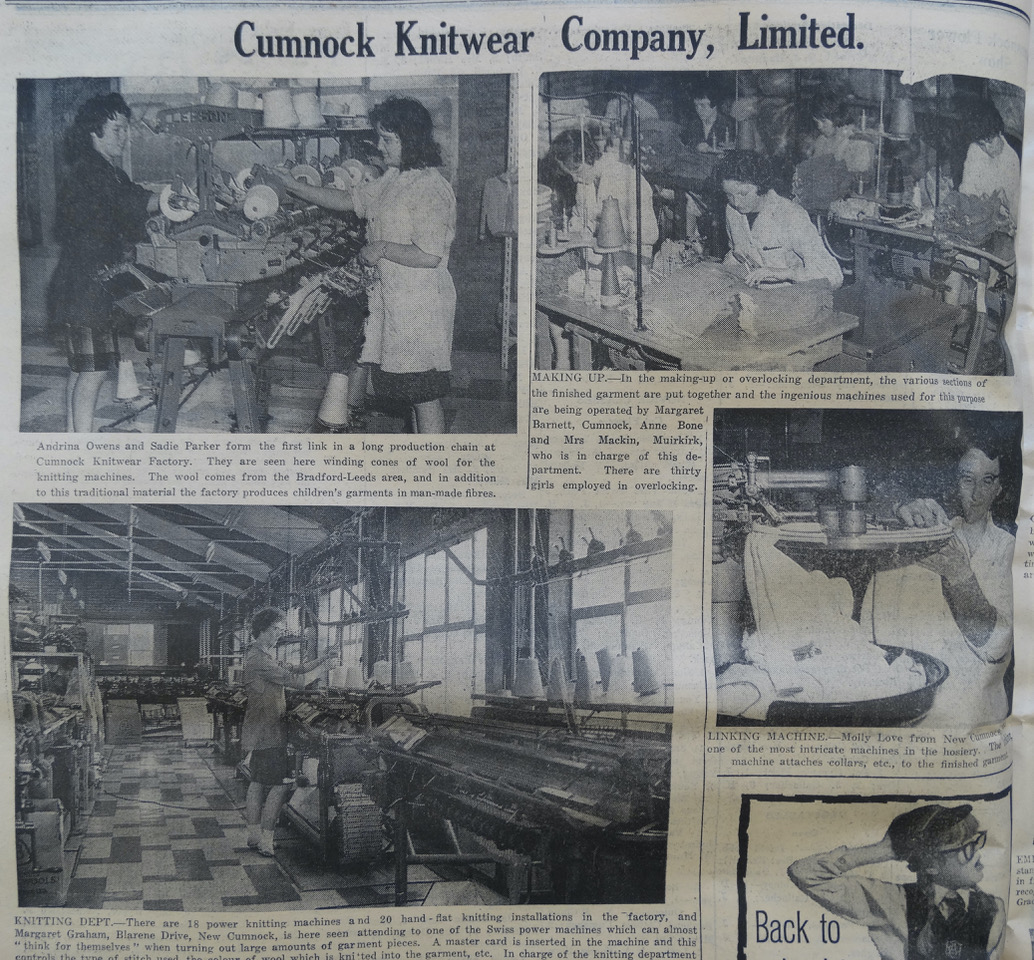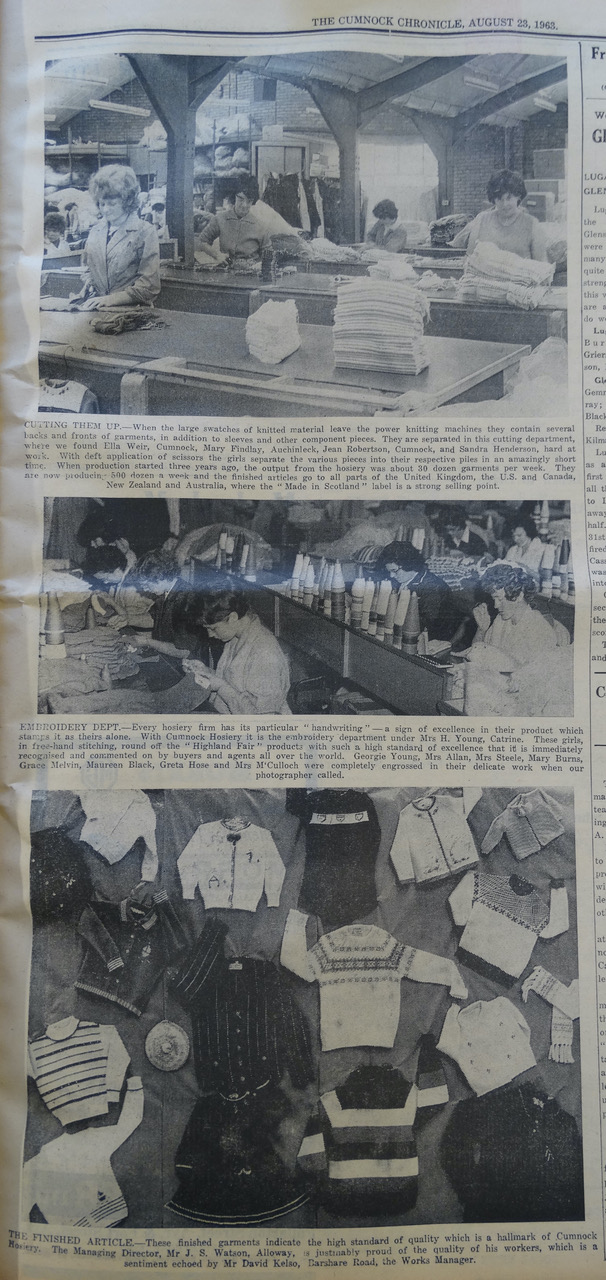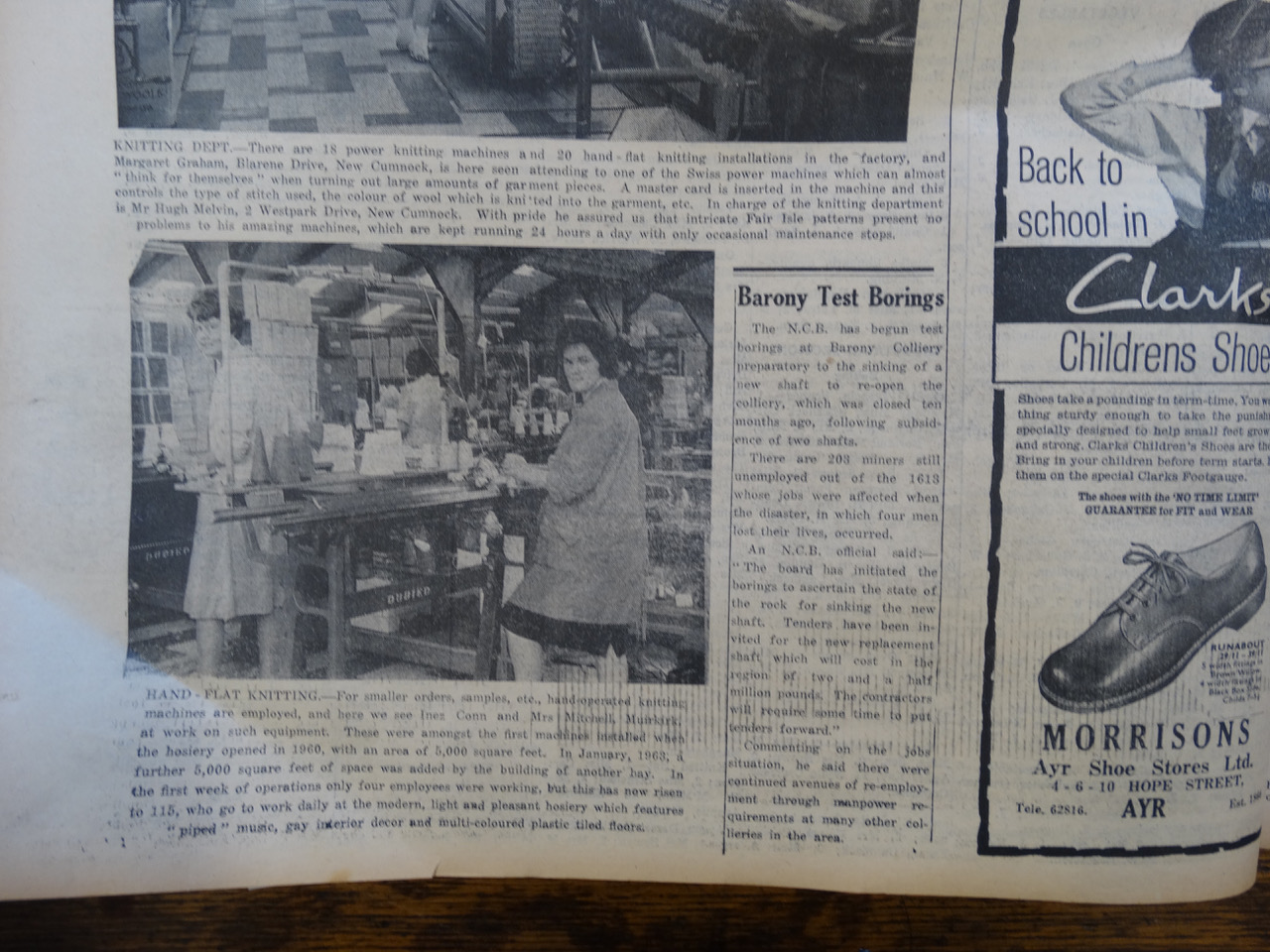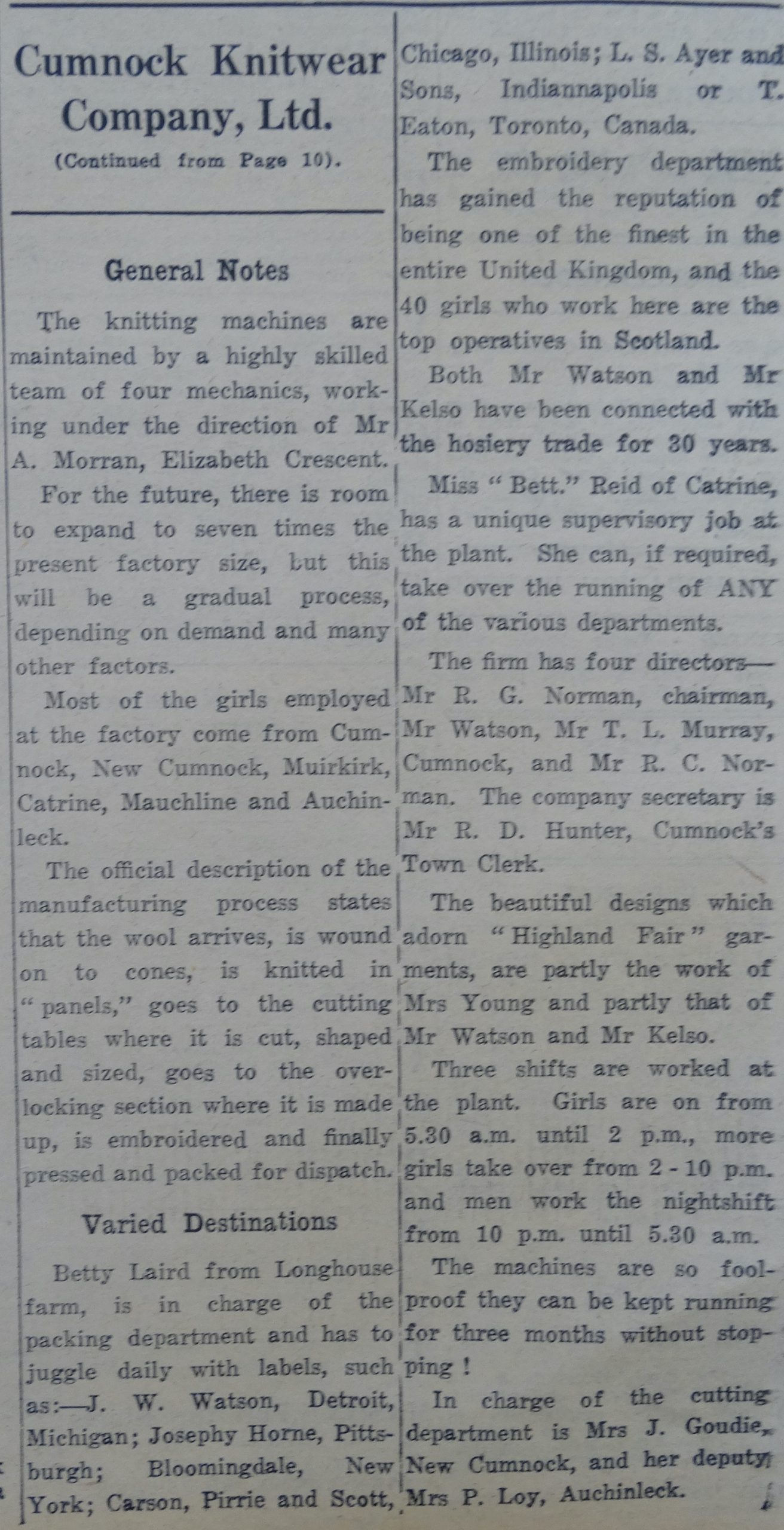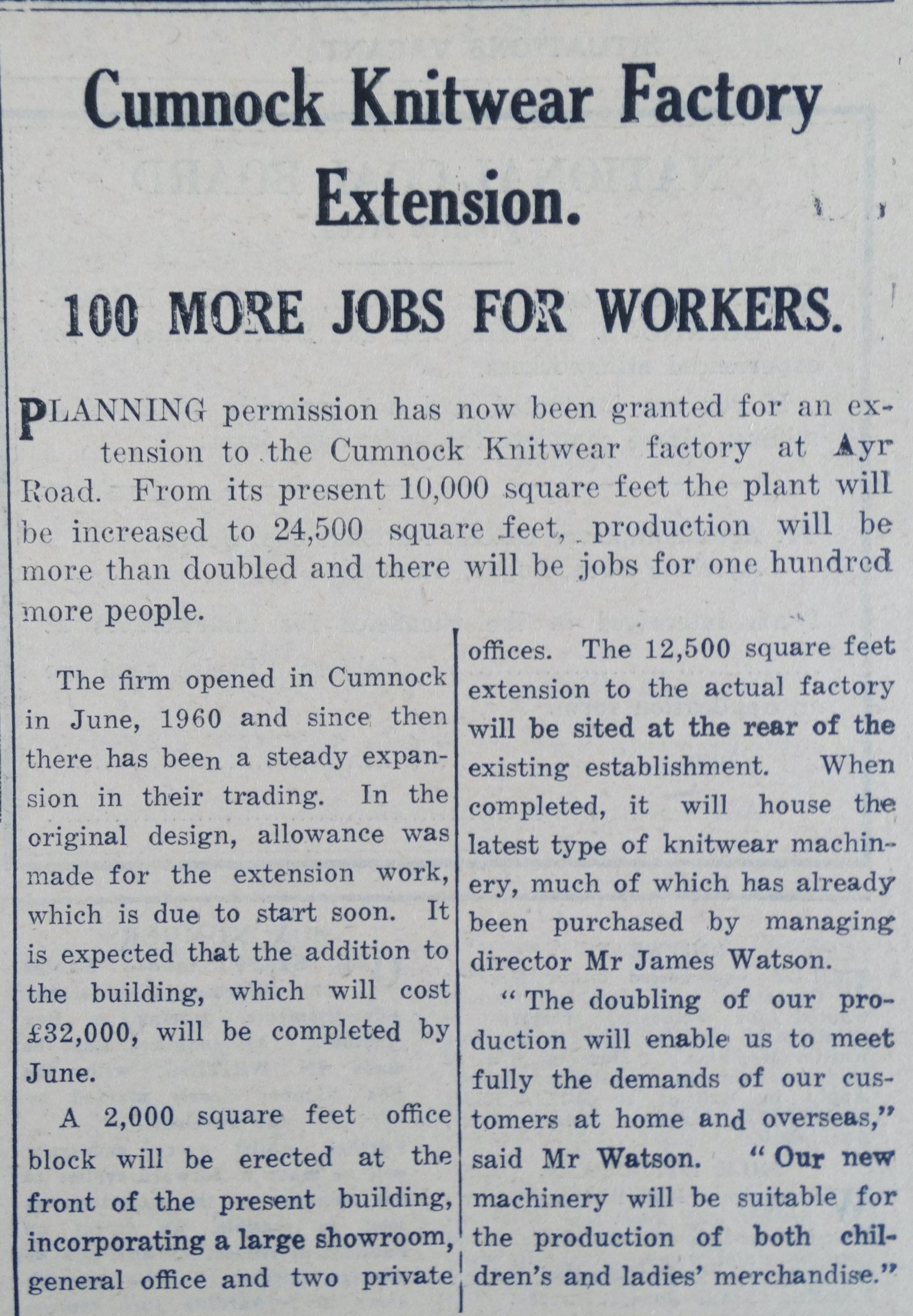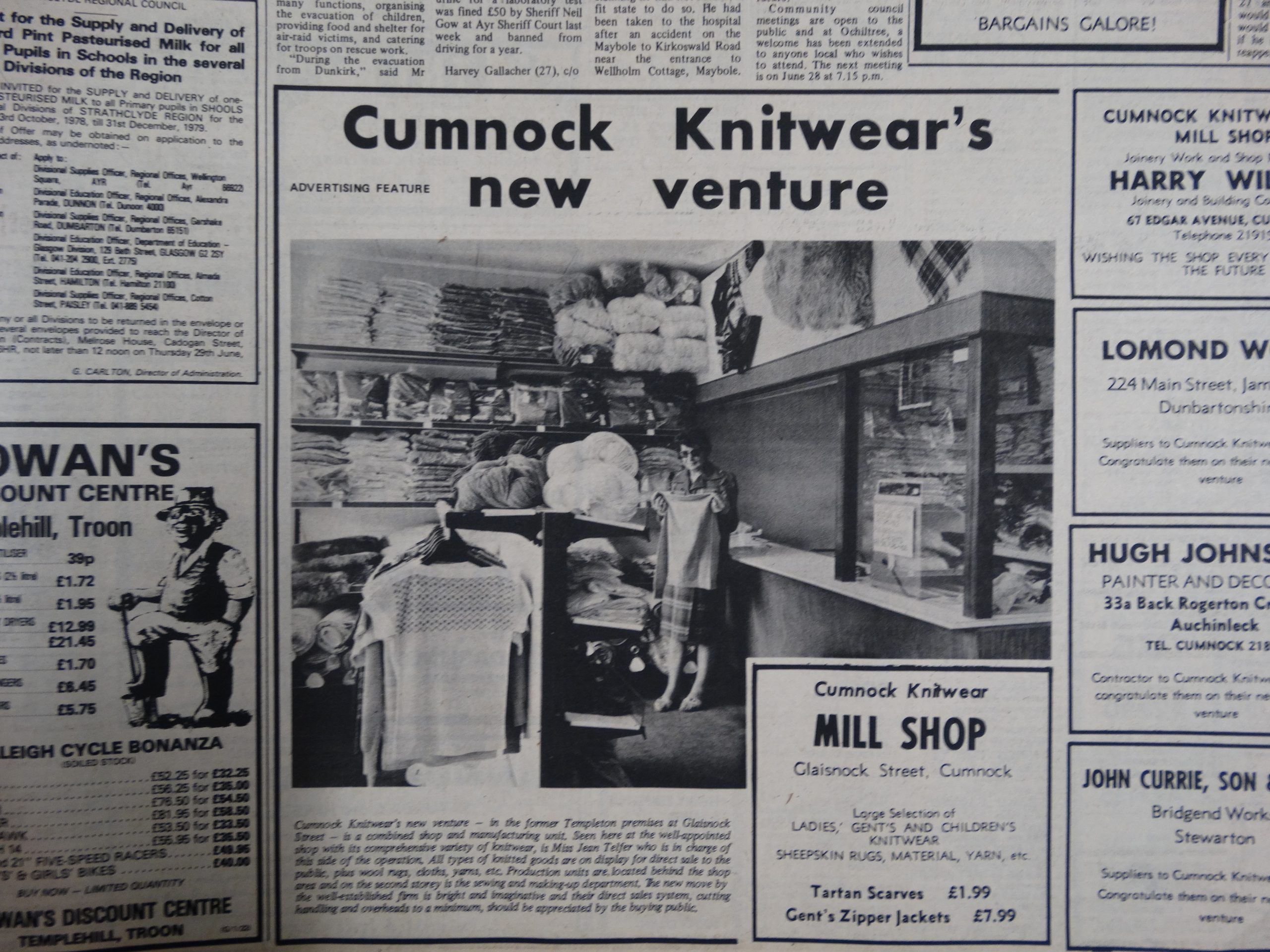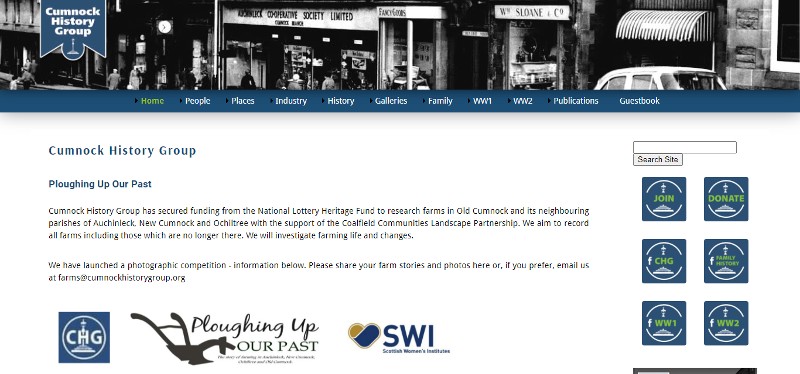Caledonian Clear (or Beverage Brands) was part owned by SHS Sales and Marketing who sold drinks in the UK and to the export market. The various drinks were produced and bottled at a purpose built production plant in Cumnock with some production also taking place in third-party facilities both in the UK and Europe. Beverage Brands was the Number 2 manufacturer of Ready to Drink (RTD) beverages in the UK. The annual turnover at one point was in excess of £170 million.
History
Beverage Brands was founded by Joe Woods, Managing Director, in 1992.
In 1985, Joe Woods set up Channel Island Cream Liqueurs and developed Tipples-Little Pots of Luxury & mini coffee enhancers. In 1991, a leading whisky distiller acquired majority stakes in Channel Island Cream Liqueurs. In 1992, Joe Woods researched the US soft drinks market and revealed market potential for new-age beverages, notably fruit flavoured spring water. Also in 1992 Beverage Brands (UK) Ltd was established, with Joe Woods as Managing Director.
In 1993, Beverage Brands launched a range of four sparkling flavoured spring waters, under the Caledonian Clear brand in the UK. These include Orchard Apple, Wild Blackberry, Spring Raspberry and Perfect Peach (Summer Peach added from 1995). Also in 1993, the Zenith Guide to UK Adult Soft Drinks gave Caledonian Clear the award for Most Stylish Newcomer. In 1995 Beverage Brands launched Woody into the alcoholic carbonates market, followed in 1996 by a nationwide launch of WKD Iron Brew. In 1998, the Beverage Brands portfolio is further extended with the Woody World of Cocktails range comprising four variants (Blue Lagoon, Sea Breeze, Bellini & Pineapple Daiquiri). From 1999, Beverage Brands added various drinks to its portfolio – however, Caledonian Clear was withdrawn in December 2003.
 Bankend Mills was opened on 25th August 1948 by Captain Ronald A C Foster, chairman and managing director of John Foster & Son Ltd. Black Dykes Mills, Queensbury, Yorkshire. Provost of Cumnock James Holland presided at the opening ceremony and Mr James McKelvie, a director of the firm and the architect, Mr James Houston, Kibirnie, also spoke and the Black Mills Band played.
Bankend Mills was opened on 25th August 1948 by Captain Ronald A C Foster, chairman and managing director of John Foster & Son Ltd. Black Dykes Mills, Queensbury, Yorkshire. Provost of Cumnock James Holland presided at the opening ceremony and Mr James McKelvie, a director of the firm and the architect, Mr James Houston, Kibirnie, also spoke and the Black Mills Band played.

